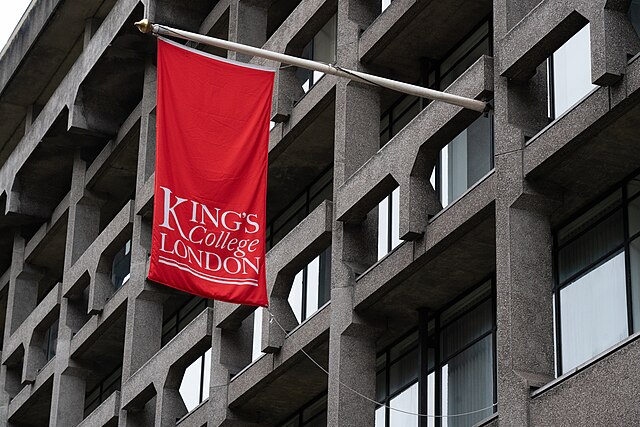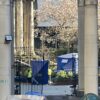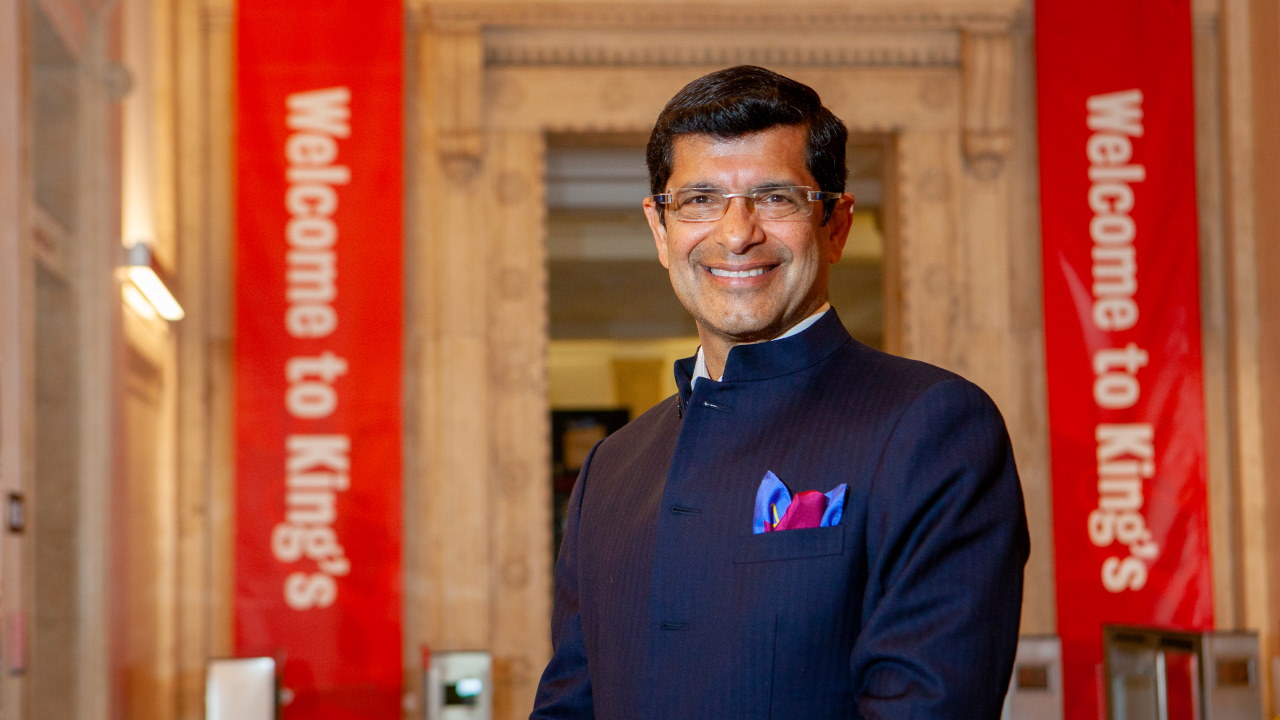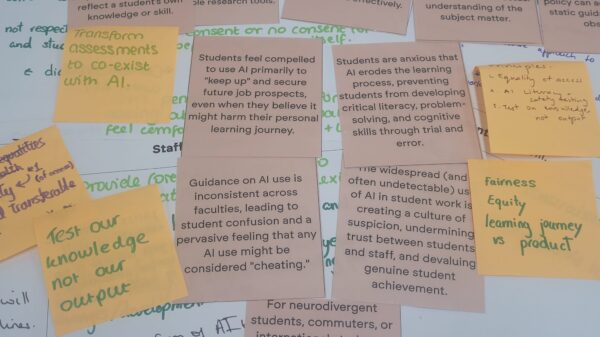King’s College London (KCL) recently launched a Sex Equality and Equity Network (SEEN), which aims to “amplify” gender-critical debate and perspectives among its staff.
SEEN at KCL’s website describes the group as “the first UK university network committed to promoting and supporting sex equality and equity between women and men in our workplace.”
The network will be open to all KCL staff as well as PhD students, meeting three times each academic year, to progress its goals and provide its members with “mutual support”.
According to its framework, SEEN at KCL wishes to amplify “women, as defined by their sex” and “those who experience discrimination because of their belief in binary sex”.
On its intranet page, the network has emphasised the importance of confidentiality for the identities of its members.
This move comes in the wake of what the network describes as “the erosion in the rights of women in higher education”, referring to protests against university events deemed to be transphobic, such as the screening of a controversial gender-critical film ‘Adult Human Female’ at the University of Edinburgh in 2023.
The network’s stated core beliefs include:
- “biological sex is binary and immutable (there are only two sexes and this cannot change)”
- “biological sex matters for both women and men in our everyday lives, including for our rights and needs in the workplace”
- “biological sex must not be conflated with, or replaced by, the concepts of gender or gender identity”
It is the first network of its kind at a British university, taking inspiration from similar networks created in the police, the Civil Service and in journalism. In addition, it notes that the pay gap between men and women at King’s in 2023 was 13.2%, however this decreased to 9.4% for the last academic year.
SEEN at KCL references a ‘myth-busting guide’ produced by the Civil Service SEEN which asserts “that holding gender-critical beliefs doesn’t mean denying the rights or existence of trans or non-binary people.”
The network’s interpretation of the 2010 Equality Act suggests that sex as a protected characteristic should refer to biological sex, not gender identity.
In April 2025, the Supreme Court backed the biological definition of a woman, leading to trans rights protests at King’s.
One KCL staff member told Roar that SEEN at KCL is “pushing some very worrying gender-critical ideas,” and that the network ”puts students at risk, and produces a scary place to study for LGBTQ+ people.”
A King’s College London spokesperson said:
“Community networks such as SEEN at KCL, NEST (for parents and carers), Elevate (Gender Equality), Proudly King’s (LGBTQIA+), REN (Race Equality), and Access King’s (staff disability inclusion) are established and run by staff members to support and bring together different communities and groups, and reflect our commitment to fostering a diverse and inclusive environment.
“Universities’ foundational purpose is to create spaces where complex and controversial ideas can be debated, and where members of our community can express lawful beliefs without fear of harassment. Overseen by the EDI and Wellbeing team, the community networks help to support this purpose by contributing diverse perspectives to university life.“
Roar will continue to cover this story as more information emerges.
Second-year undergraduate at King’s College London reading Culture, Media and Creative Industries.













